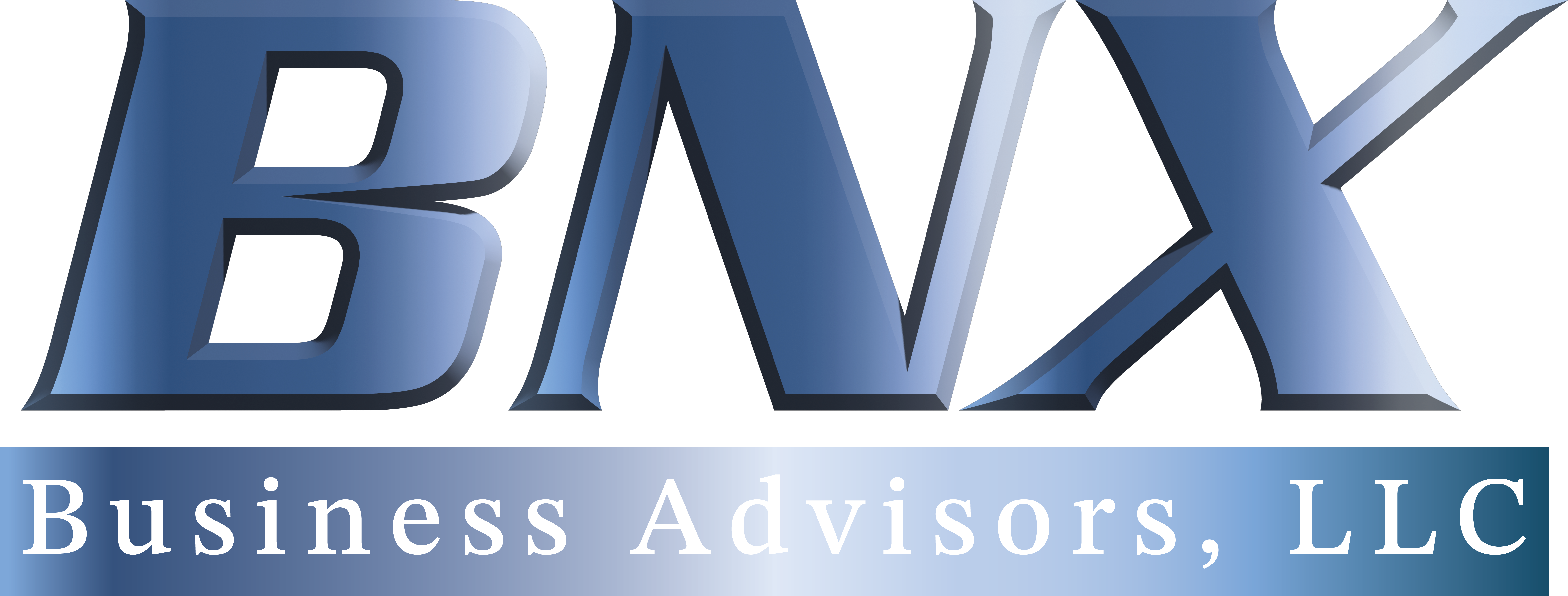
Introduction
The world of business compliance is undergoing a significant transformation, and organizations that recognize and adapt to this shift are poised to reap significant benefits. Gone are the days when compliance was solely about checking boxes to meet regulatory requirements. Today, compliance is a dynamic and strategic force, driving business growth and enhancing reputation. In this blog, we will explore the business compliance revolution and why staying ahead of the curve is essential for long-term success.
**The Evolving Landscape of Business Compliance**
Business compliance has evolved from being a mere regulatory burden to becoming a vital component of a company’s strategy and culture. The changing landscape can be attributed to several key factors:
1. **Globalization:** In an interconnected world, businesses often operate across borders. This means they must adhere to a multitude of international regulations, necessitating a global and harmonized approach to compliance.
2. **Digitalization:** As businesses embrace digital technologies, the complexity of compliance has increased. Data privacy regulations, cybersecurity, and online sales tax are just a few examples of areas where digitalization has had a profound impact on compliance requirements.
3. **Stakeholder Expectations:** Customers, investors, and employees are increasingly demanding ethical and responsible business practices. Compliance has become a way to meet these expectations and build trust with stakeholders.
4. **Legal and Regulatory Changes:** Laws and regulations are constantly evolving. Organizations must stay vigilant to ensure they are aware of and can adapt to these changes swiftly.
**The Power of a Proactive Compliance Approach**
To be ahead of the curve in this compliance revolution, businesses should adopt a proactive compliance approach. Here’s why this approach is crucial:
1. **Risk Mitigation:** By proactively identifying and mitigating compliance risks, businesses can avoid costly legal issues, fines, and reputational damage.
2. **Operational Efficiency:** Proactive compliance can streamline business processes, reduce errors, and save time and money. It enables organizations to focus on core activities rather than firefighting compliance problems.
3. **Reputation Enhancement:** A strong compliance culture and proactive measures contribute to a positive brand image. This can attract customers, partners, and investors who value ethical and responsible practices.
4. **Innovation and Adaptability:** A proactive compliance approach encourages organizations to innovate and adapt to changing circumstances, fostering a culture of continuous improvement.
**Embracing Technology and Automation**
To stay ahead in the business compliance revolution, organizations are increasingly turning to technology and automation. Compliance management software, artificial intelligence, and data analytics enable businesses to monitor compliance in real-time, identify potential issues, and make data-driven decisions.
These tools not only enhance efficiency but also provide a competitive advantage. Companies that embrace technology and automation can respond to compliance challenges faster and with greater accuracy than those that rely on manual processes.
**Conclusion**
The business compliance revolution represents a fundamental shift in the way organizations approach compliance. By recognizing the evolving landscape, adopting a proactive approach, and embracing technology and automation, businesses can stay ahead of the curve and position themselves for long-term success. Compliance is no longer just a legal requirement; it’s a strategic imperative that, when done right, can drive growth, enhance reputation, and ensure a prosperous future. So, don’t be left behind; join the compliance revolution today!
